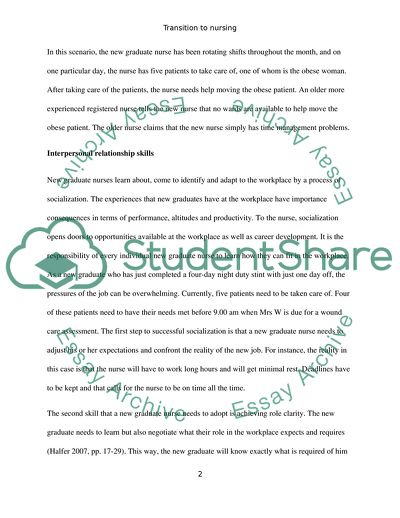Cite this document
(Skills That Are Required by a Newly Graduated Registered Nurse Coursework, n.d.)
Skills That Are Required by a Newly Graduated Registered Nurse Coursework. Retrieved from https://studentshare.org/nursing/1741177-transition-tonursing
Skills That Are Required by a Newly Graduated Registered Nurse Coursework. Retrieved from https://studentshare.org/nursing/1741177-transition-tonursing
(Skills That Are Required by a Newly Graduated Registered Nurse Coursework)
Skills That Are Required by a Newly Graduated Registered Nurse Coursework. https://studentshare.org/nursing/1741177-transition-tonursing.
Skills That Are Required by a Newly Graduated Registered Nurse Coursework. https://studentshare.org/nursing/1741177-transition-tonursing.
“Skills That Are Required by a Newly Graduated Registered Nurse Coursework”. https://studentshare.org/nursing/1741177-transition-tonursing.


